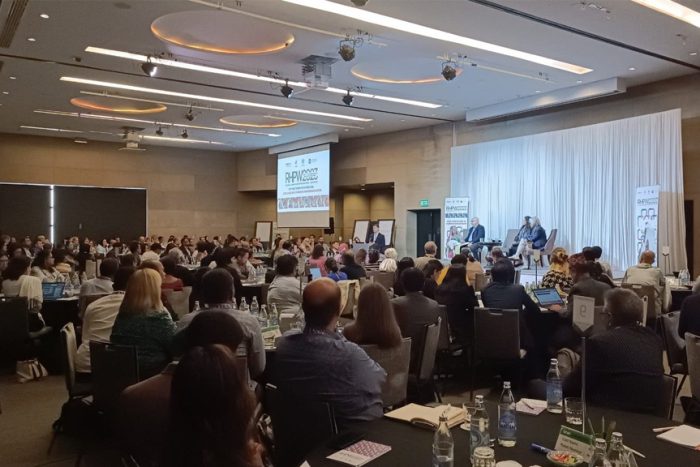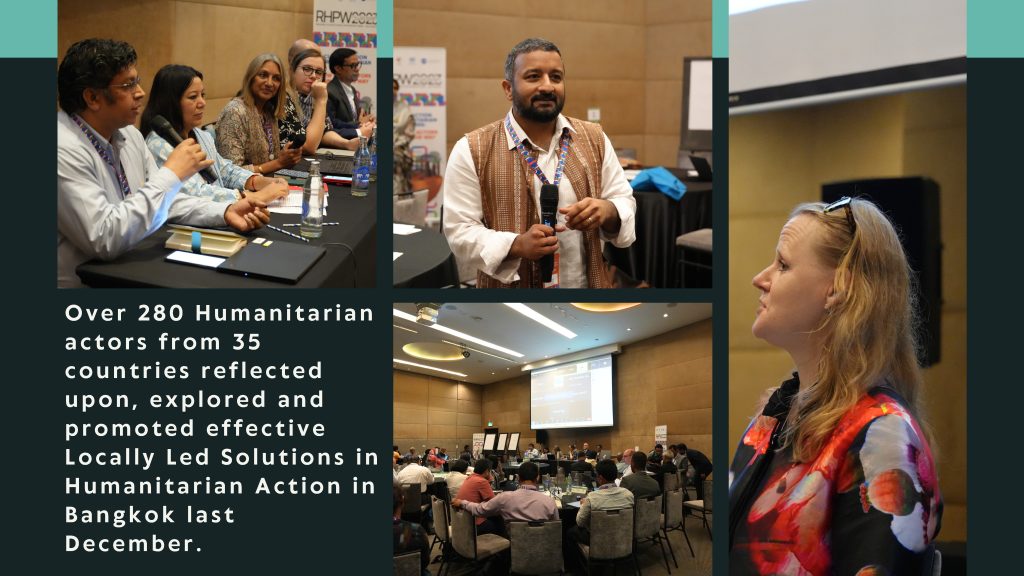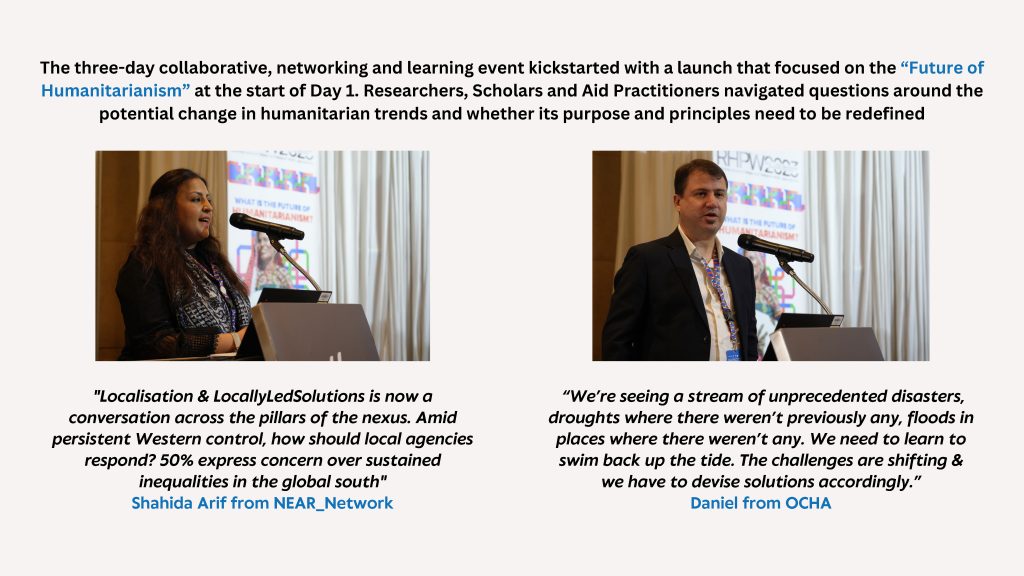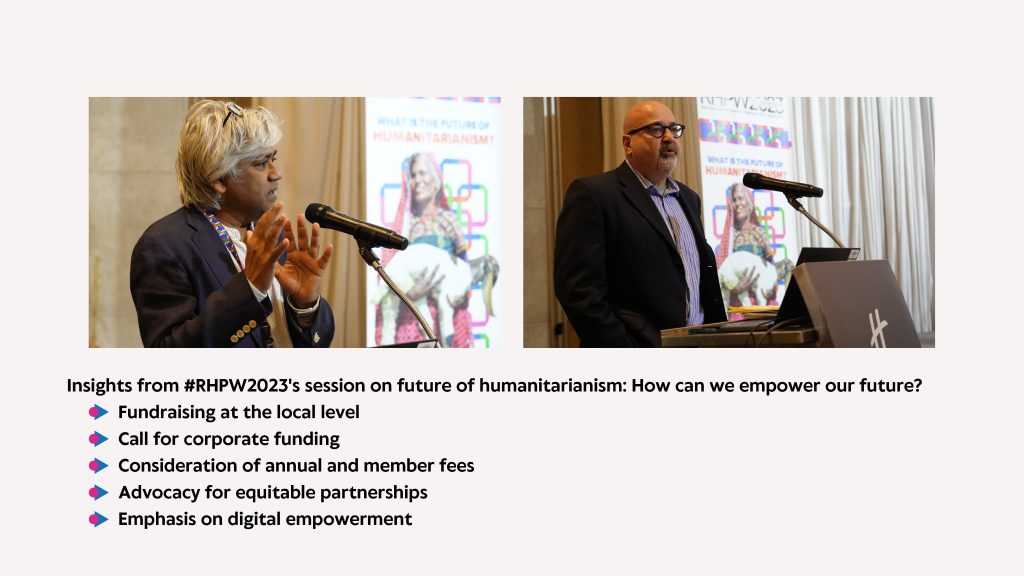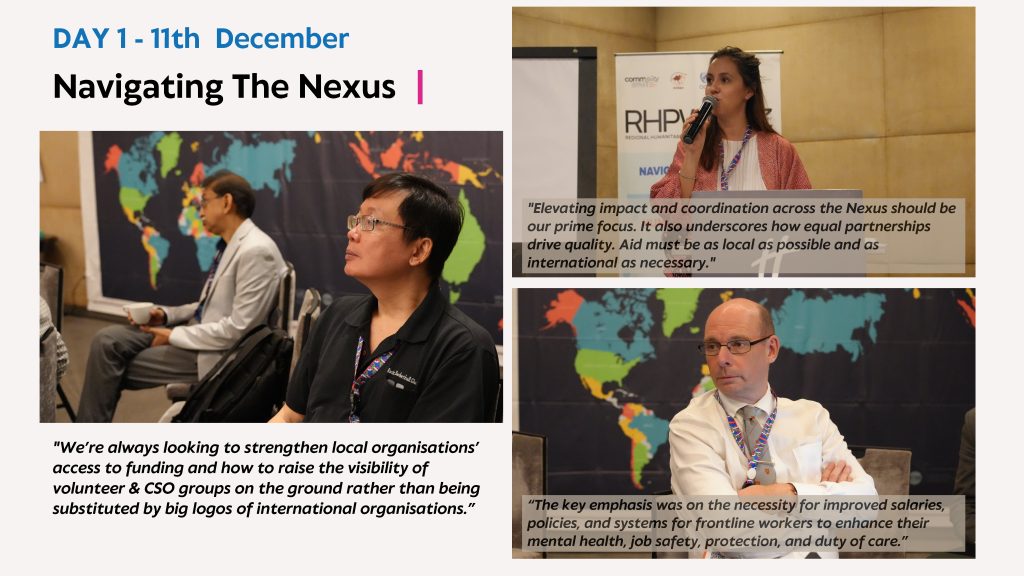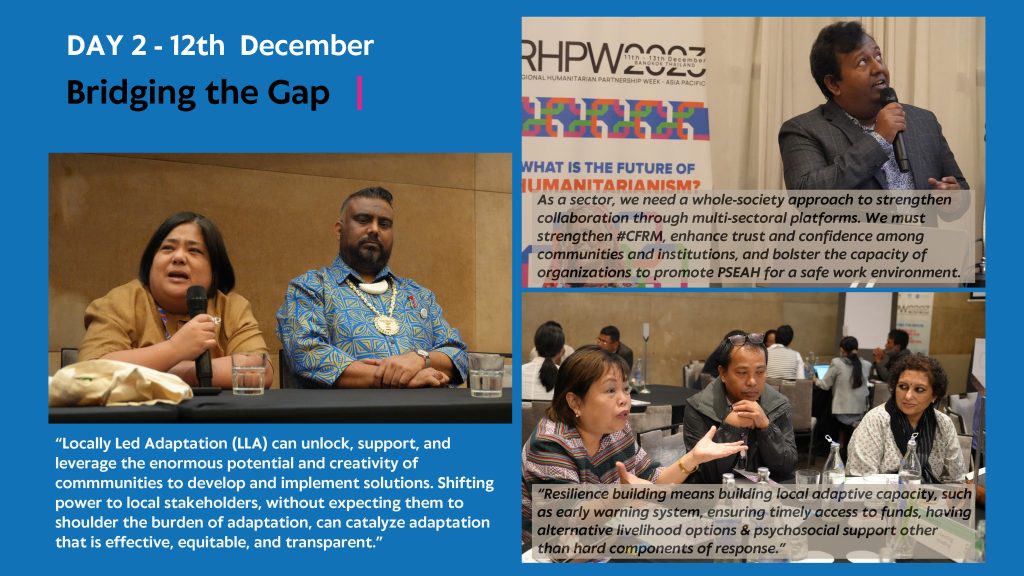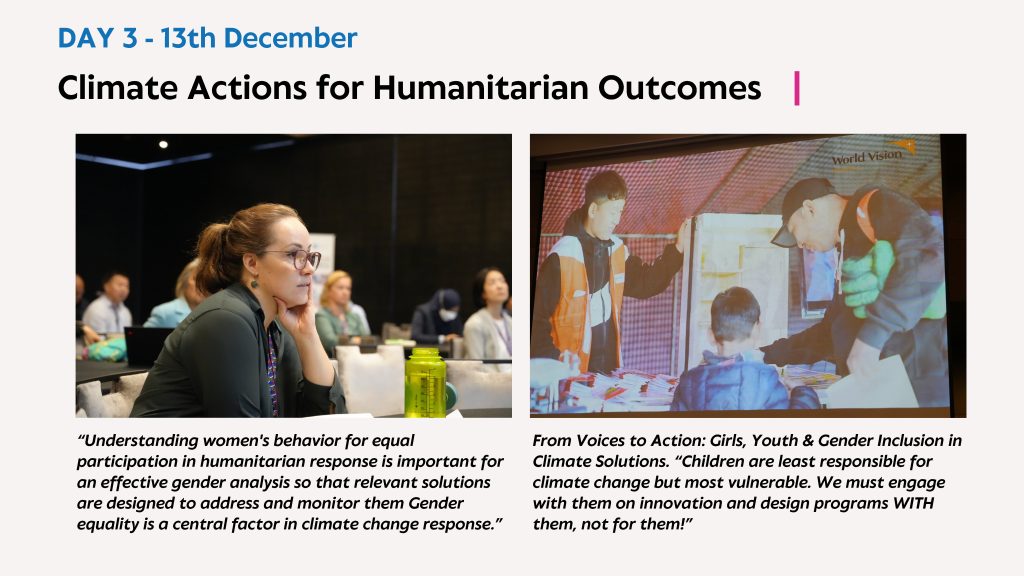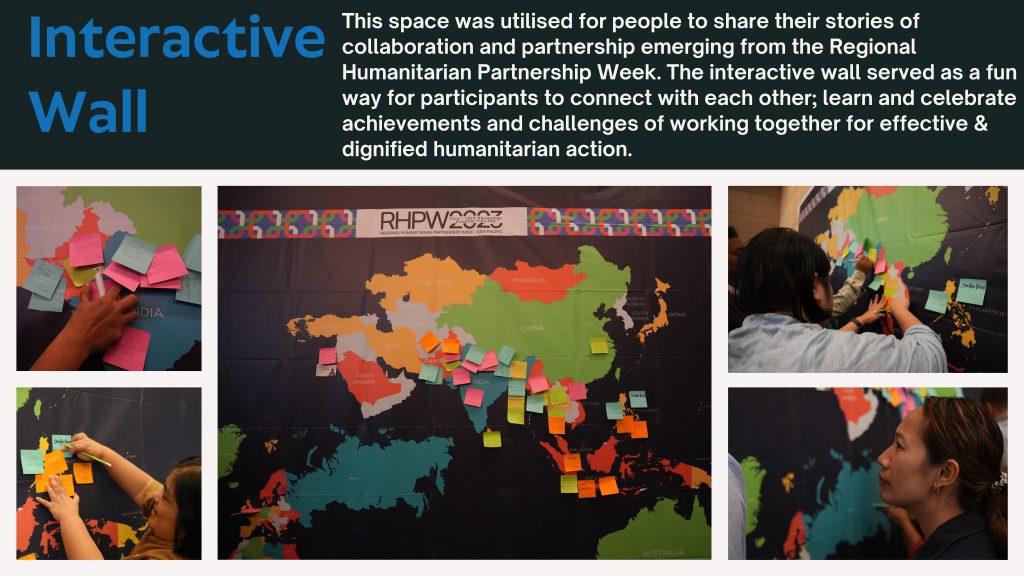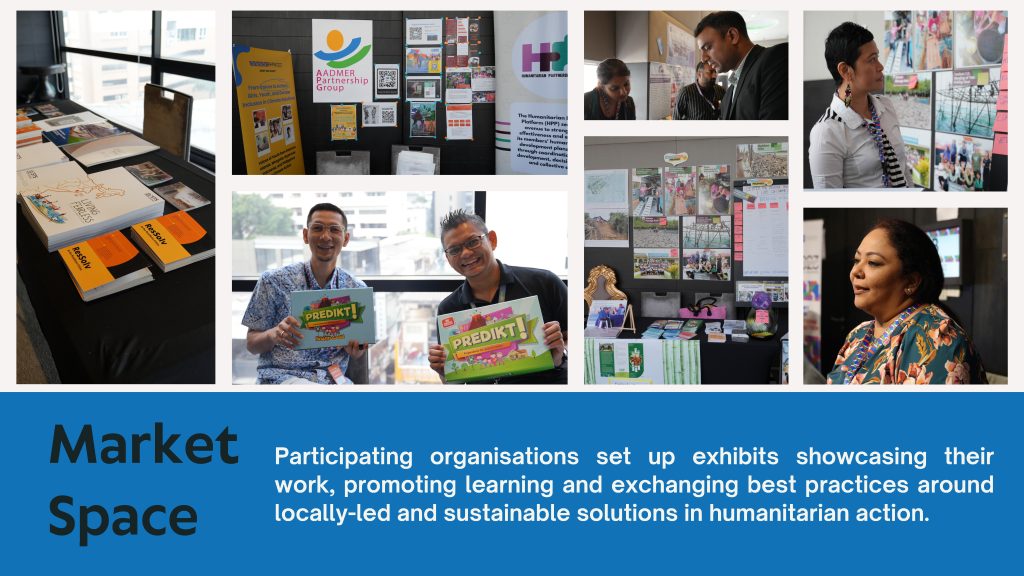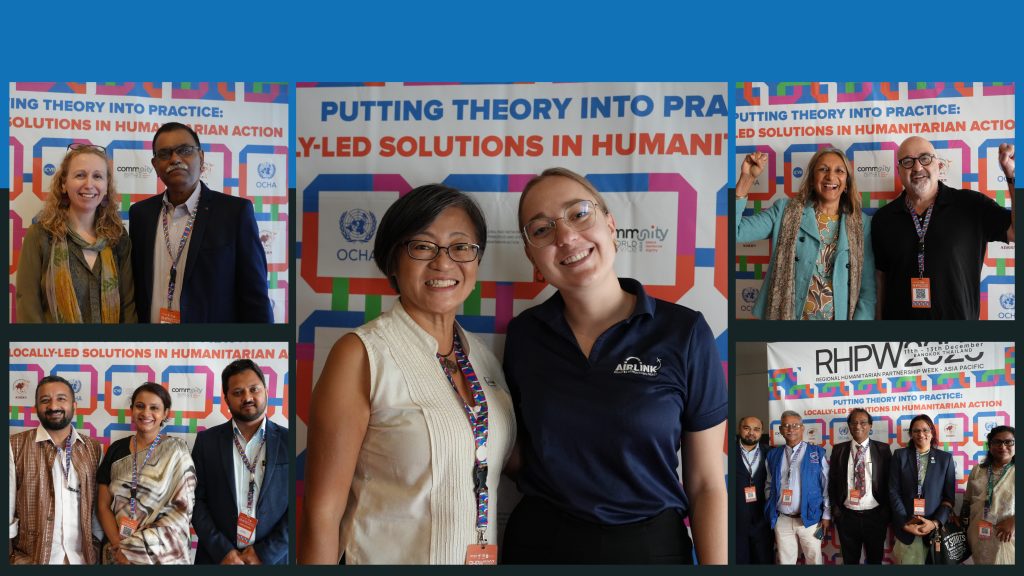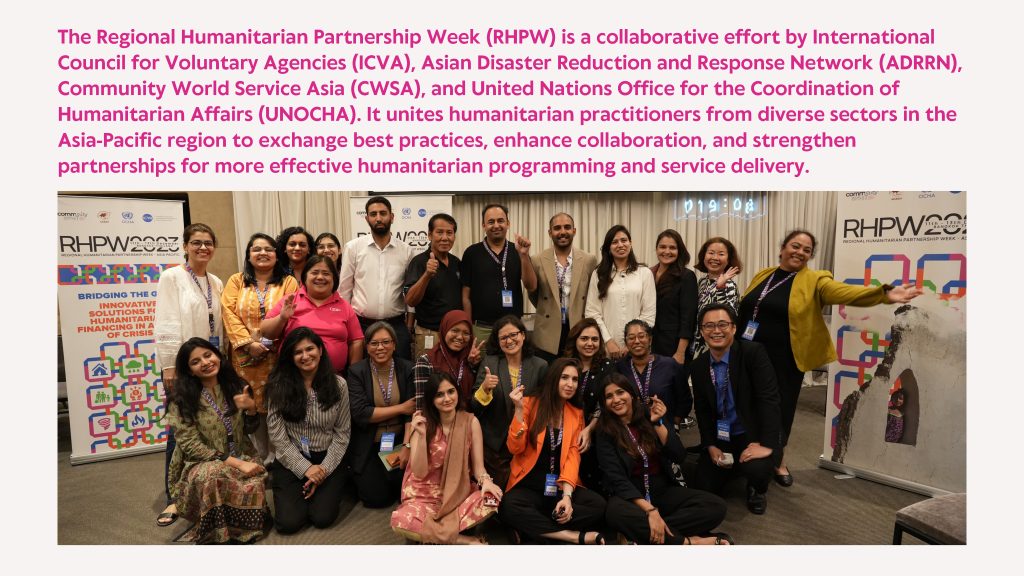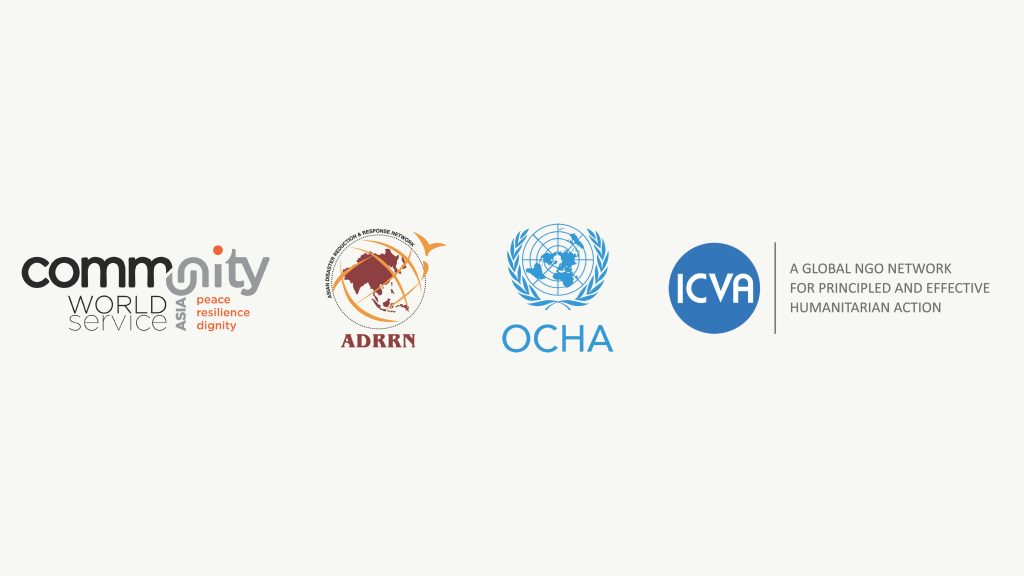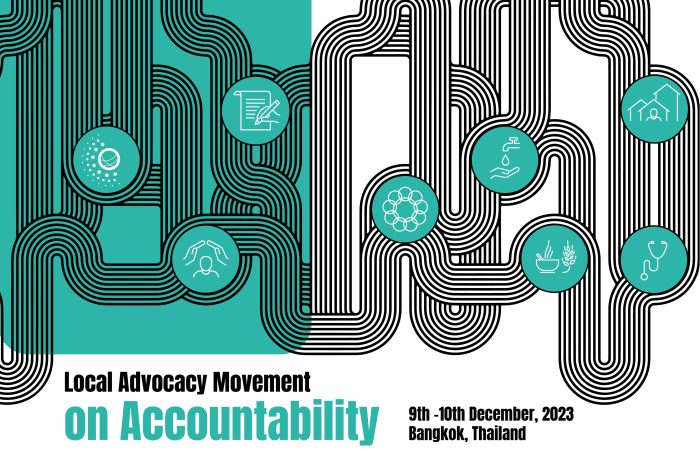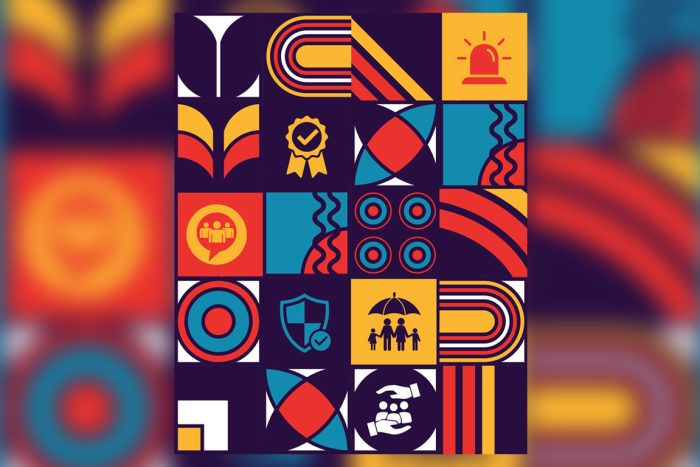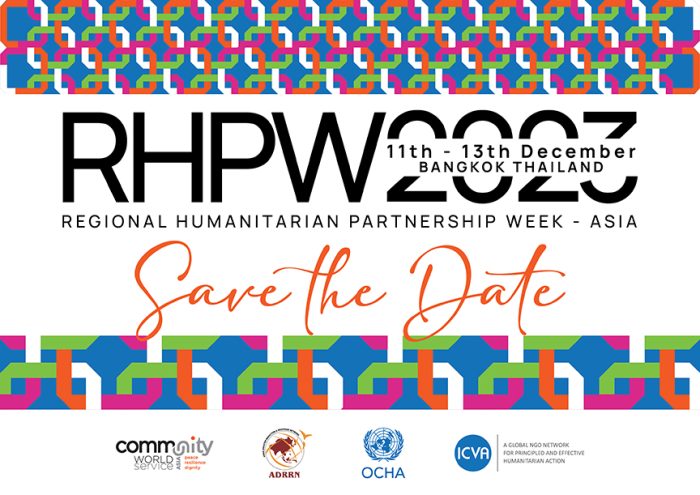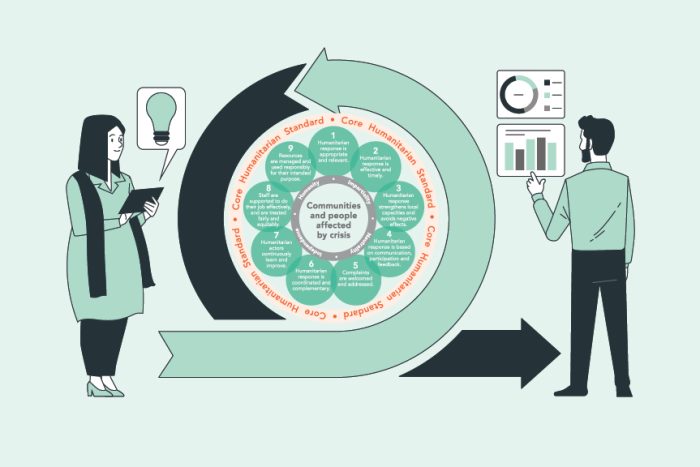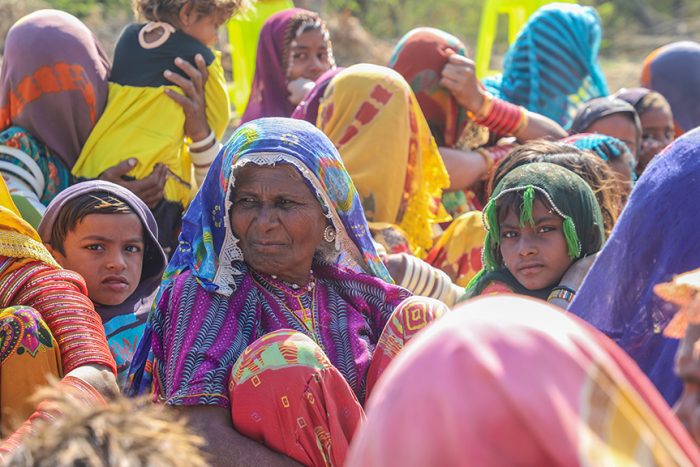Core Humanitarian Standard 2024 Edition
When: 24th – 25th May, 2024
Where: O’Spring, Murree
Language: Urdu / English
Interested: Click here to apply
Last Date to Apply: May 15, 2024
Rationale:
In today’s rapidly changing humanitarian landscape, it’s crucial for organisations working at local and national levels to stay updated and aligned with international standards to effectively support people and communities affected by crises and vulnerabilities. The Core Humanitarian Standard on Quality and Accountability (CHS) provides a framework for organisations to ensure their actions are guided by principles of dignity, respect, and accountability. As the CHS has recently been updated to version 2024, it is imperative for organisations to understand and adapt to these changes.
Our workshop aims to provide participants with a comprehensive understanding of the revised version of the CHS and its requirements for the organisations. By equipping participants with the knowledge and tools necessary to implement the CHS effectively, we can enhance the quality and accountability of humanitarian response efforts at the local and national level,
Aims & Objectives:
By the end of the workshop, participants will be able to:
Understand the Core Humanitarian Standard (CHS) 2024 edition:
- Familiarise participants with the nine commitments outlined in the CHS and their significance in humanitarian action.
- Provide an overview of the changes and updates introduced in the 2024 version of the CHS.
Create Awareness of the Enabling Environment for CHS Implementation:
- Explore the necessary organisational culture, values, and approaches needed to support the systematic application of the CHS.
Strengthen Engagement with Stakeholders:
- Explore methods for effectively involving stakeholders in decision-making processes and promoting their active participation in finding solutions to crises.
Develop Action Plans for CHS Implementation:
- Support participants in developing concrete action plans for implementing the CHS within their organizations.
- Provide tools and resources for monitoring progress and evaluating the impact of CHS implementation efforts.
By achieving these objectives, the workshop aims to empower participants to embrace the CHS as a guiding framework for their organisations’ humanitarian activities, thereby improving the quality, accountability, and ultimately the outcomes of their interventions.
Methodology:
The “Blended Learning” approach developed by CWSA over decades of experience will be used in this
workshop. The approach will be participatory and needs based in nature. It shall include the selection of
participants from various organisations at various levels, and the development of content and methodology will be based on the needs of the participants. Experienced and knowledgeable trainers/practitioners will be engaged and will help participants develop action plans, conduct follow-up refreshers and will provide coaching and mentoring support.
Number of Participants:
20 – 25 participants will be selected for the workshop. Women staff and those with disabilities are encouraged to apply. Preference will be given to participants from organisations based in underserved areas. Applicants will be informed by May 15th, 2024 about their confirmation status.
Selection Criteria:
- Mid or senior level managers in a civil society organisation, field staff of large CSOs or CSOs
with main offices in small towns and cities. - Commitment to apply learning in their work, including dissemination of learning within
their organization. - Willingness to pay a Training Fees of PKR 15,000/-. Exemptions may be applied for CSOs with
limited funding and those from marginalised groups. Discount of 10% on early registration by May
8th, 2024 and 20% discount will be awarded to women participants.
Community World Service Asia (CWSA) is a humanitarian and development organisation, registered in
Pakistan, head- quartered in Karachi and implementing initiatives throughout Asia Pacific. CWSA is a
member of the Core Humanitarian Standard (CHS) Alliance, a member of Sphere and their regional partner in Asia and also manages the ADRRN Quality & Accountability Hub in Asia. For more details visit our website: www.communityworldservice.asia
If you wish to participate, kindly register here






